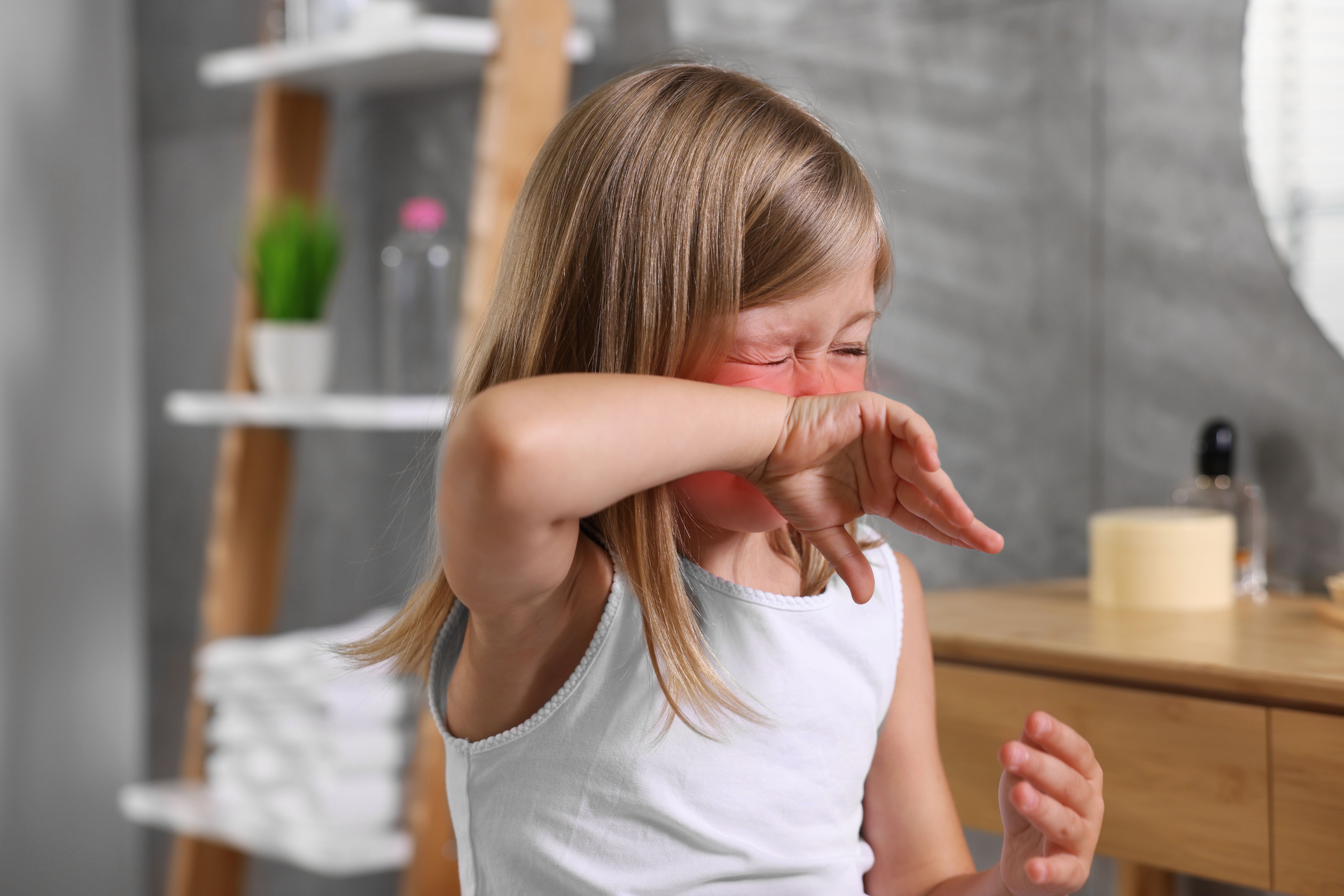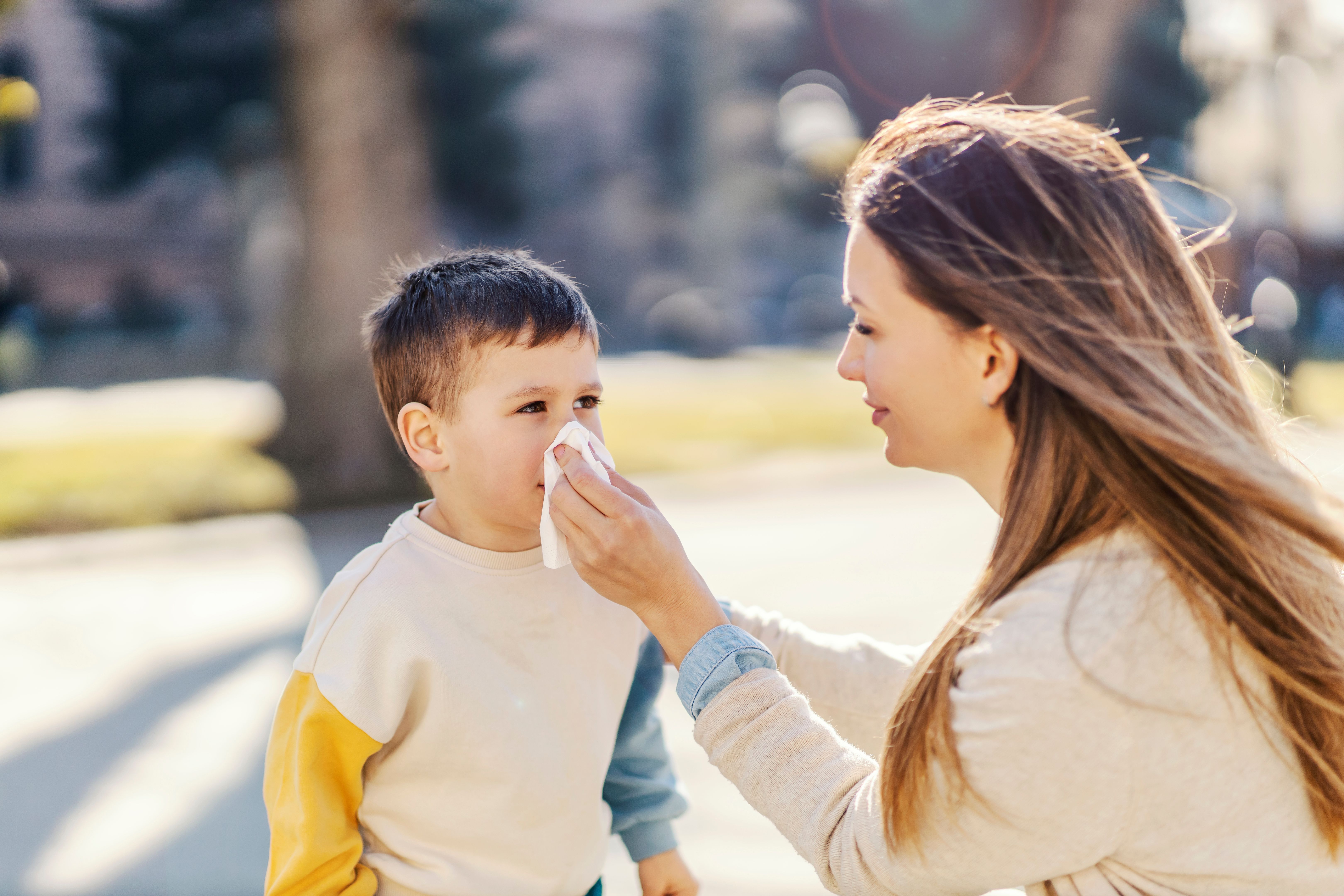Paediatric Allergies Explained: Insights from Dr. Husain Asgerally
Understanding Paediatric Allergies
Paediatric allergies are a common concern for parents and caregivers, as they can affect a child's health, lifestyle, and overall well-being. With the guidance of experts like Dr. Husain Asgerally, understanding the complexities of allergies in children becomes more manageable. This post delves into the causes, symptoms, and management of paediatric allergies, providing insights that help in navigating this often-challenging aspect of child health.

Common Causes of Paediatric Allergies
Allergies occur when the immune system reacts to a typically harmless substance as if it were a threat. In children, these substances, known as allergens, can come from various sources. Some common allergens include:
- Foods such as peanuts, eggs, and milk
- Environmental factors like pollen, dust mites, and pet dander
- Certain medications
- Insect stings
Understanding the specific allergen affecting a child is crucial for effective management and treatment.
Recognizing Symptoms of Allergies in Children
The symptoms of paediatric allergies can vary depending on the type of allergen and the child's sensitivity. Some common symptoms include:
- Skin rashes or hives
- Itchy or watery eyes
- Nasal congestion or runny nose
- Abdominal pain or diarrhea (in the case of food allergies)
In severe cases, allergies can lead to anaphylaxis, a life-threatening reaction that requires immediate medical attention.

Diagnosis and Testing of Paediatric Allergies
Accurate diagnosis is essential for managing allergies in children. Dr. Husain Asgerally emphasizes the importance of consulting a Paediatrician who can perform specific tests to identify allergens. These tests may include:
- Skin prick tests
- Blood tests
- Elimination diets
Once the allergen is identified, a tailored management plan can be developed to minimize exposure and alleviate symptoms.
Managing Paediatric Allergies
Management of allergies involves both avoidance of known allergens and treatment of symptoms. Strategies may include:
- Implementing dietary changes for food allergies
- Using air filters to reduce environmental allergens
- Administering antihistamines or prescribed medications
- Carrying an adrenaline auto-injector for emergencies
Education and preparation are key to effectively managing allergies and preventing reactions.

The Role of Education and Support
Dr. Husain Asgerally highlights the importance of educating both children and caregivers about allergies. This education helps children understand their condition and empowers them to make safe choices. Additionally, support groups and online resources can provide valuable information and connect families dealing with similar challenges.
By staying informed and proactive, parents can ensure their children live healthy, safe lives despite their allergies. With expert guidance and a comprehensive management plan, the impact of paediatric allergies can be significantly reduced.